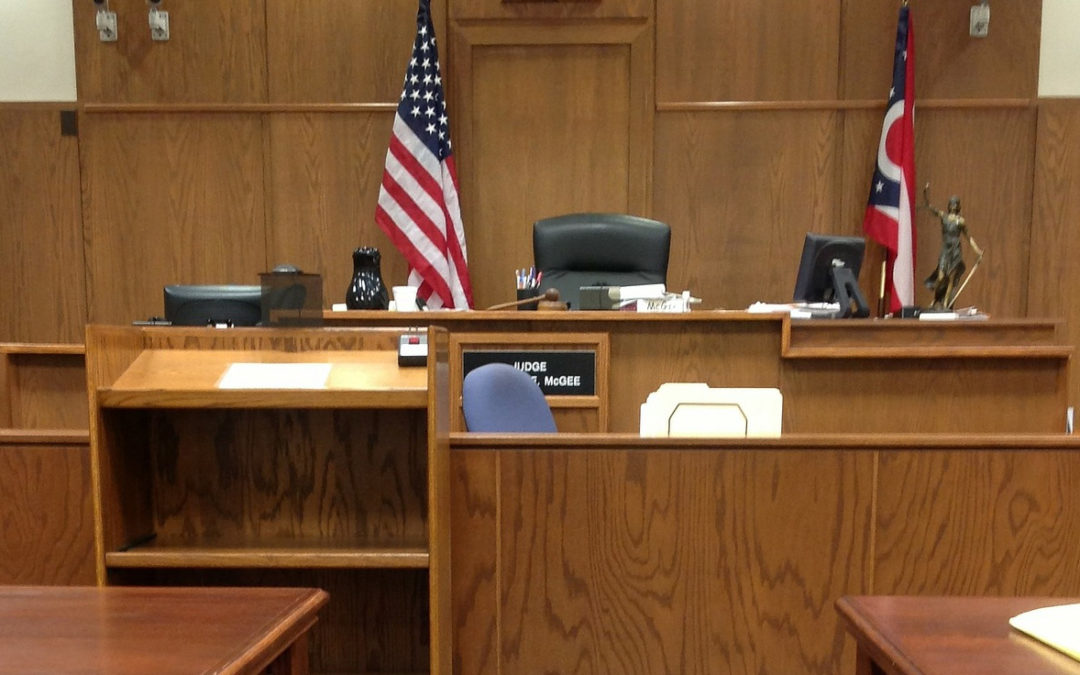Understanding Plea Bargaining and the Arraignment for your DWI/DUI Case
The following is information about plea bargaining, arraignment, and the different options available to you when charged with a DWI (driving while intoxicated) or DUI (driving under the influence) in Texas.
At some point after your arrest for a DUI or DWI, you will be required to appear in court at your arraignment hearing. At an arraignment, the defendant is asked to plead according to their charge or crime. In general, the pleading options include the following: not guilty, no contest, or guilty. Sometimes at the arraignment, a lawyer will be appointed for the defendant, and the bail amount may be set.
In many states, defendants are able to request a jury trial. It is typically assumed that a defendant wants this type of trial, unless the defendant expressly waives this right. It should be noted, however, that a defendant may drop their request for a jury trial at a later stage in the process.
Options On How To Handle Your Case
Once you are released from jail, it is important to evaluate your case and options objectively. The advice of quality and experienced counsel can help when making this assessment. Your options include the following:
- Pleading guilty to the DUI/DWI charge;
- Entering into a plea bargain to try and reduce the charge(s) to a lesser offense such as wet reckless driving, which is the term for reckless driving involving drugs or alcohol;
- Requesting a bench trial, where the case is decided by the judge as opposed to a jury; or
- Requesting a jury trial, which is available in the majority of states, but not all.
Fighting the Charge or Taking a Plea Bargain
In general, the decision to fight your DUI/DWI charge will depend on the strength or weakness of the evidence available to the prosecution. For example, if there is evidence present that shows your BAC (blood alcohol concentration) was high, resulting in extreme intoxication, negotiating your plea deal may be the best option available to you.
In the majority of states, drivers are convicted of an alcohol related charge when their BAC is .08% or higher. Thus, the chances of avoiding a conviction will improve with a BAC that is lower than .08%. With a BAC that is exactly .08% or just slightly above, lawyers may be able to persuade a jury that the driver was in a margin for error for the testing procedures. A jury may even be convinced that at the time you were driving, your BAC was still under the limit, but increased at the time that you were actually tested. This is referred to as the “rising-blood-alcohol defense.”
Thus, the likelihood of winning your DUI/DWI trial will depend on a number of factors. An experienced criminal attorney can review these factors and determine the best course of action.
Asking For A Jury Trial
If you have make the decision to fight your charge and proceed with a trial, it is usually better to request a jury trial. This is because your chances of winning the case will improve when there is a jury deciding your case as opposed to a judge. The exception to this general rule is when your actual defense is legally technical or fairly unusual as it will be easier for a judge to understand and appreciate the defense. For example, if you left a bar drunk and preceded to fall asleep behind the wheel without turning on the car, then you did not drive drunk. A judge may be more receptive to this type of legal technicality.
Plea Bargaining
Plea bargaining is a process in which the criminal defendant and a prosecutor will come to a compromise regarding the pled charge. The defendant will enter into a no contest or guilty plea in order to reduce the charge, jail sentence, or the fine.
This process typically involves the assessment of a few of the factors mentioned above regarding the decision to go to trial. In general, the defendant is able to obtain a better plea bargain when there are weaknesses present in prosecution’s case. The bargaining power of the defendant will diminish when there is compelling evidence that the defendant is guilty. In general, the prosecution will be less open to negotiating with the defendant when there are any aggravating factors present such as injuries to third parties or a very high BAC.





